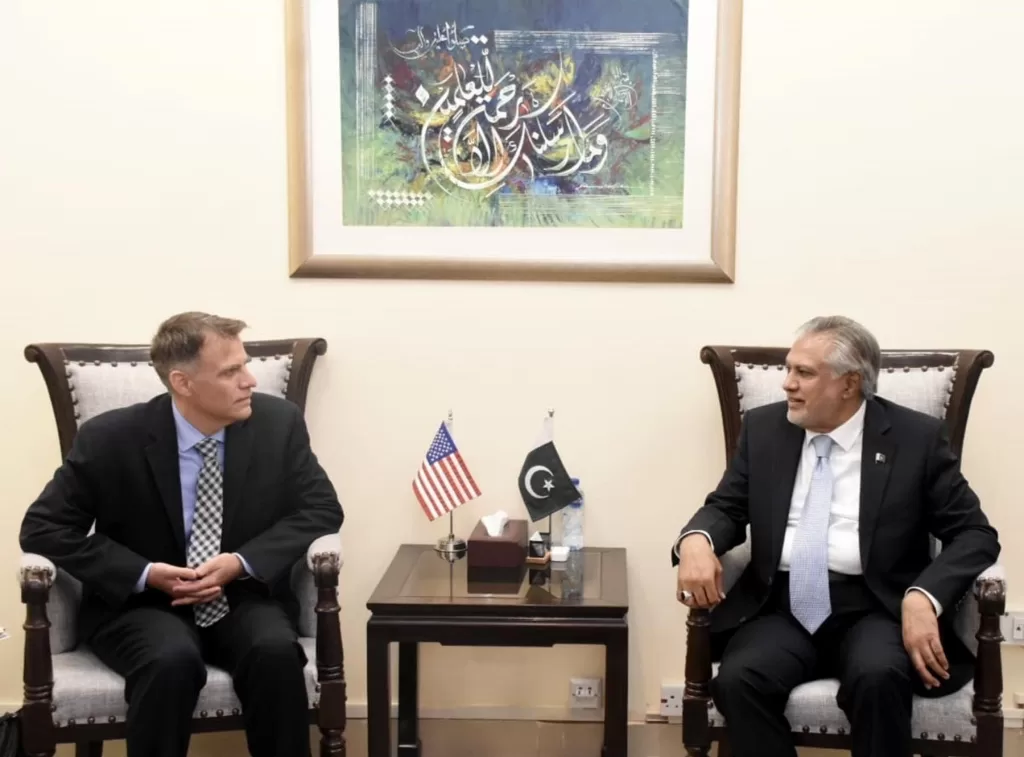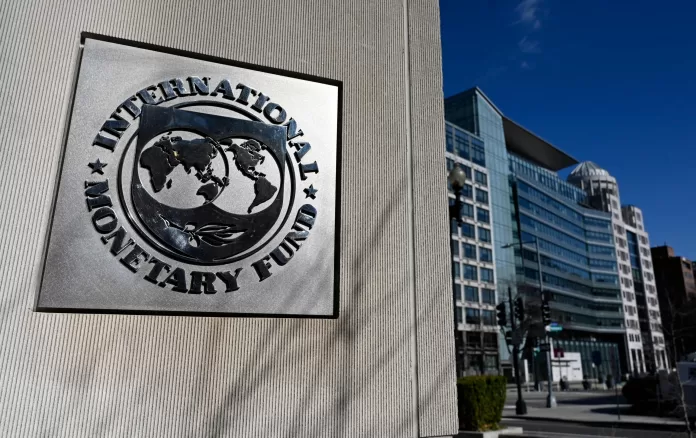In the words of Richard Woolf, the modern world is a story that has been repeated through centuries and that story is that of self-interest, selfishness, lust for power and complete disregard for mutual progress, magnanimity and dignity. Mankind has established many institutions with the mindset of egalitarianism and economic progress such as the United Nations, World Bank, IMF and other key international organizations like WTO, WCO among others to promote removal of socio-economic disparities but they have failed to bring any solid change since the Second World War. The global community is dominated by power politics and regard for human life, respect and dignity is sacrificed for personal gains every day. Selfishness and self-interest remain the dominant feature of national and international institutions around us. The greater good is always pushed aside in the face of personal gains and interests. There are numerous examples that elaborate this phenomenon and the pertinent question is, what lies ahead for humanity if this mode continues. And in the case of Pakistan, the time has come to decide whether it will be subjected to slavery of the international order and dilemma of institutions like IMF, or will it rise from the rock bottom and take on a direction of self-reliance and fulfillment.
The economic profile of the world indicates that 5 percent of population of the world is in possession of over 80 percent of the world’s wealth and resources. This 5 percent include billionaires like Jeff Bezos, Warren Buffet, Bill Gates and others. First and foremost, it is important to notice that these personalities have gained this immense wealth through sheer intelligence and executing business plans in a capitalistic economy. None of these wealthy individuals belong to an egalitarian and socialistic society. And it is also obvious that these 5 percent wealthy persons have clearly more wealth than they need, and that wealth is way more than what they can spend in their lifetimes. This wealth will only be invested in financial institutions and in investment opportunities that already belong to rich lobbies. They will increase their wealth using the money of these wealthy individuals and only a small portion of it, if ever, will be used to uplift the needy, the poor and the down-trodden. As time goes by, as of 2023, it is clear that the income inequality of the world is increasing day by day. In the words of Richard Woolf, this method of market governance is unsustainable and will lead to disasters. The easiest and more efficient way out that ensures the economic well-being of millions is that to take away the wealth of these 5 percent and spend it on the poorest who are dying of hunger, preventable disease, not even having clean water to drink nor a shelter. But this egalitarian approach can neither be adopted nor will it ever be propagated. This is the paradigm of the capitalistic market, the free-market that makes the rich getting richer and the poor getting poorer. With the defeat of socialism in the 20th Century, the free-market is running the show and the world is sliding into a severe catastrophic crisis of income inequality, more popularly known, as the North versus South divide, historically, the rich and the poor.
As of 2023, there are over 70 countries that are unable to pay their international debts and Pakistan is one of the top debtors in Asia. In all these 70 countries, the IMF has provided bail-out loans at high interest rates. And with those interest rates that are charged on principal amount, the interest is compounded to makes things worse. Not only are the loan packages serviced with interest, the national governments are required to give up their national integrity to make their own decisions. The Governments are forced to increase taxation so that the loan is repaid with interest on time. The subsidies being given to the public and to businesses are reduced and curtailed which leads to cost-push inflation making the industry loses competitiveness in the local as well as the international market. Even export sectors are not exempt from IMF structural conditions that must be met to qualify for loans. In its entire history, the IMF has never rescued a nation out of financial calamity, rather it has made the economic outlook worse whereby only improving the situation on a short-term at best. The IMF is an organization that is run by Western countries, the US in particular. In a way, the IMF is also a political as well as a financial body. Countries like Iran and North Korea are not given any loans or assistance even when they comply with international regulations of the United Nations and have increasing poverty levels. In contrast to the slogan, the IMF actually stands as a tool to control the poor nations and subject them to further slavery.

In this game of power, riches and money, it is the common public and the poorest of the poor that suffer the most. The IMF is approached by national government when they are unable to pay their dues to the domestic as well as the international market. The loan package is granted as an immediate fire-fighting mechanism. The governments reach this position of domestic and global default through their own inefficiency, corruption and mismanagement of national human and non-human resources. But when the IMF is approached, it is not the Government that becomes the victim, it is the people. The loan package comes with the directions to increase Government revenue even from areas where it is not due. Corrupt or inefficient leaders come with policies that serve their self-interest while ignoring the economic well-being of the masses. Later, after the loan from IMF is received, the national Government increases taxes or provision of services and the business sector. The businesses in-turn increase the prices of their products and services which are also borne by the public. Ultimately, the domestic consumption is reduced. The market is seized by inflation or hyper-inflation in case of adjustments from the IMF and the recession of the national government turns into a total collapse. The increasing levels of poverty and lack of funding in business development and human resource development leads to further degradation and brain-drain of the country, leading to a complete meltdown of the economy. That is the dilemma of the IMF and that what is happening to Pakistan.
Pakistan must realize, that as a nation, it is rich country full of natural resources and is a nation made up of young brains and tremendous talent in all fields. Now is the time to escape the IMF trap and rely on self-sufficiency and development of domestic business and human resource. There are ample geo-strategic opportunities. Even if default is declared, there is a clear road map to recovery. Gwadar and investment potential from China and the Middle East are worth more than any IMF package can ever offer. The shackles of loans and aid packages cannot help Pakistan, it is the people of Pakistan and their intelligence. It is time to put aside differences and form a national consensus, otherwise, everyone will have to bear the brunt of the economic onslaught. There is no option but to sit together and focus on self-reliance and a way forward. As Greek philosophers use to say, “I am not saying it will be easy but I am sure it will be beautiful”.




